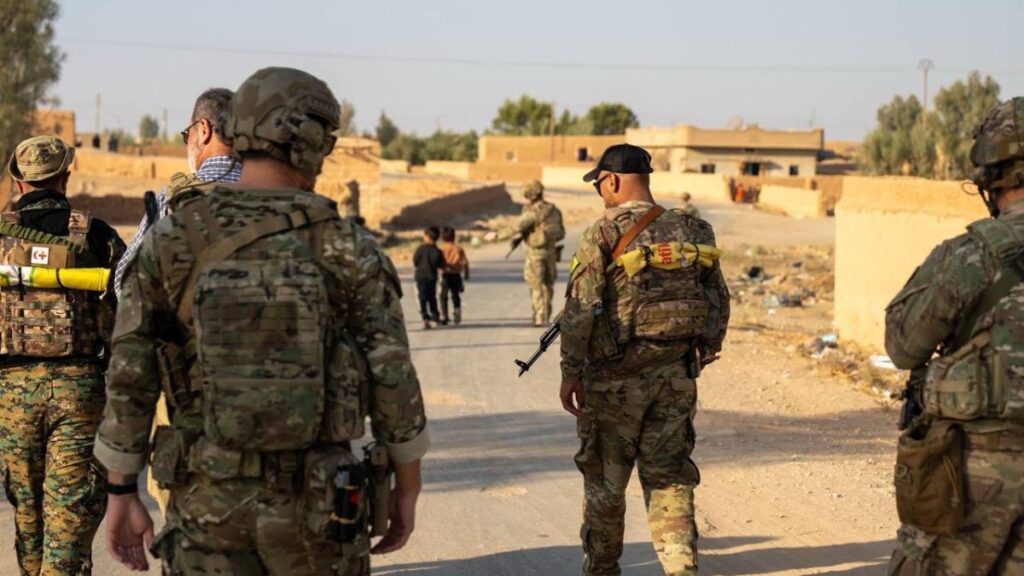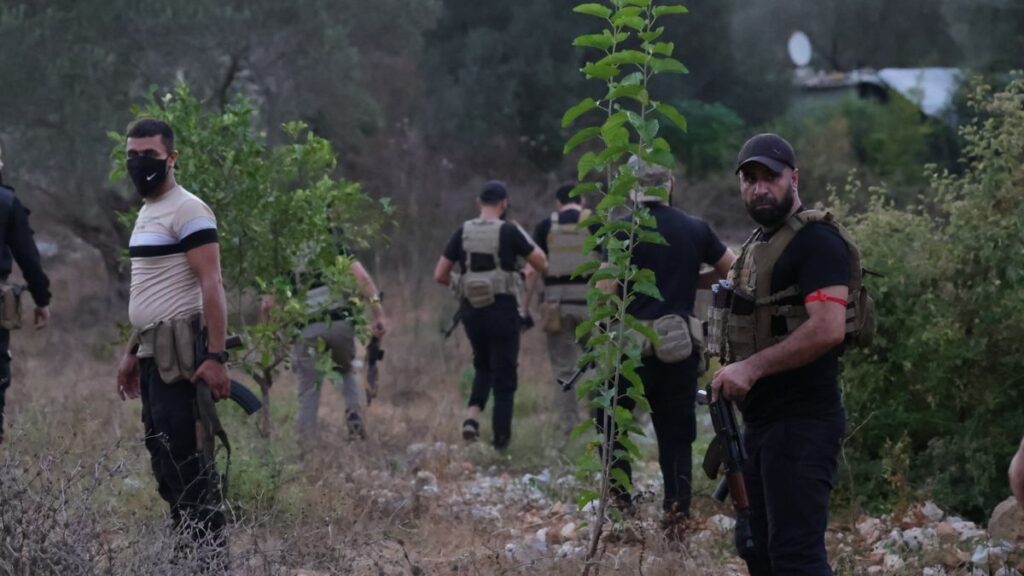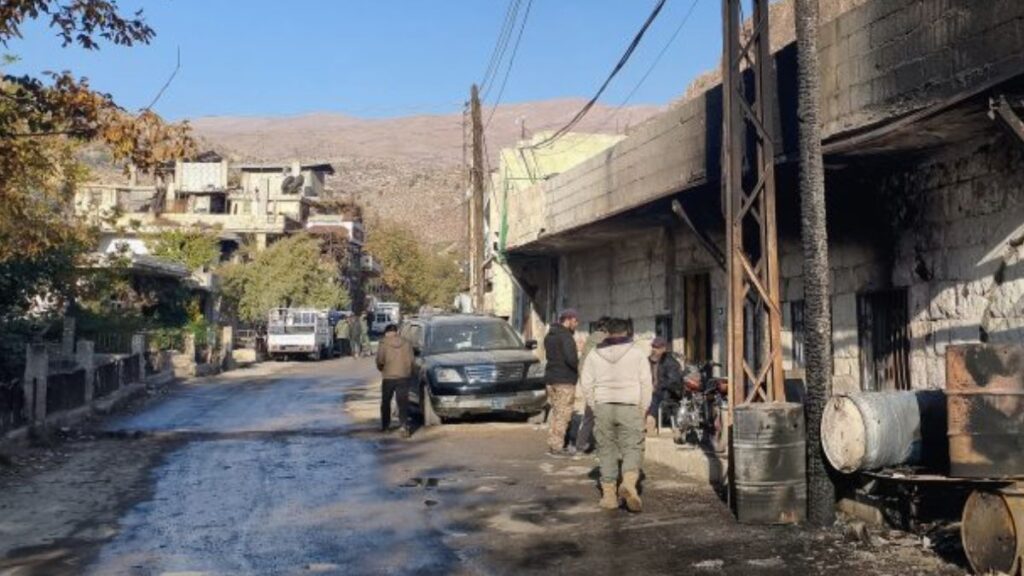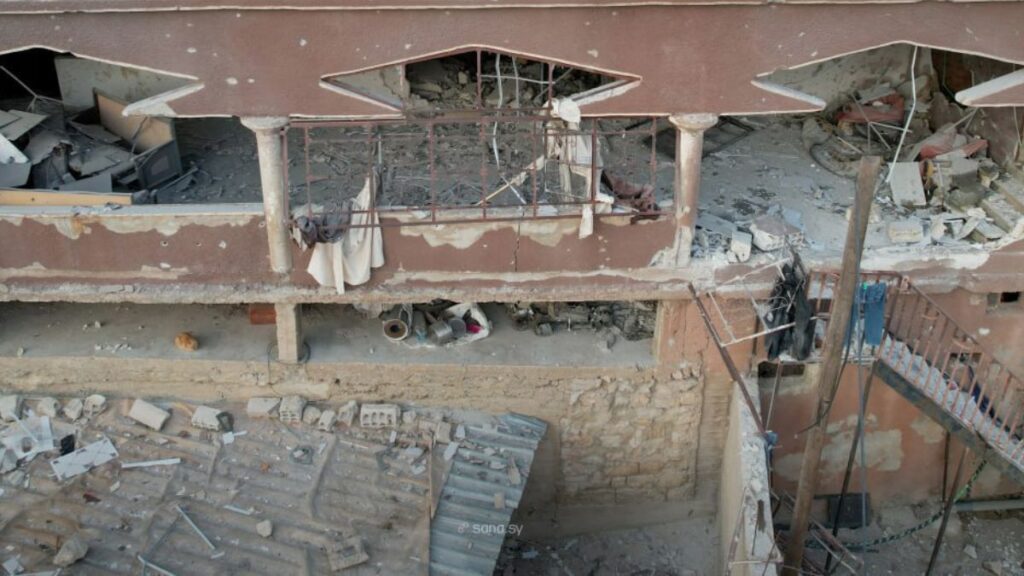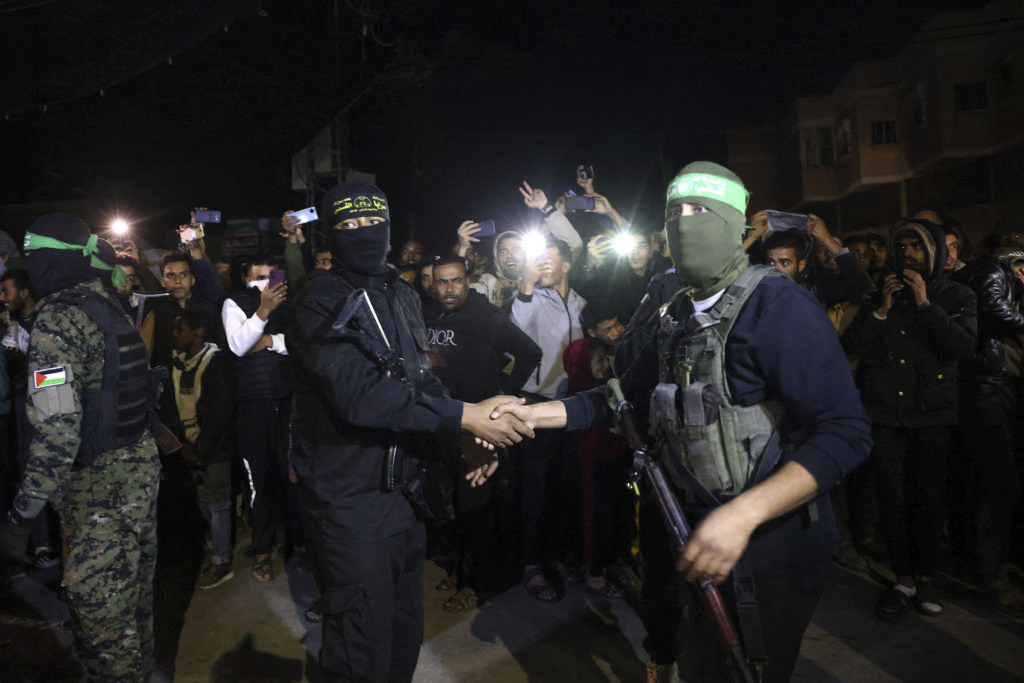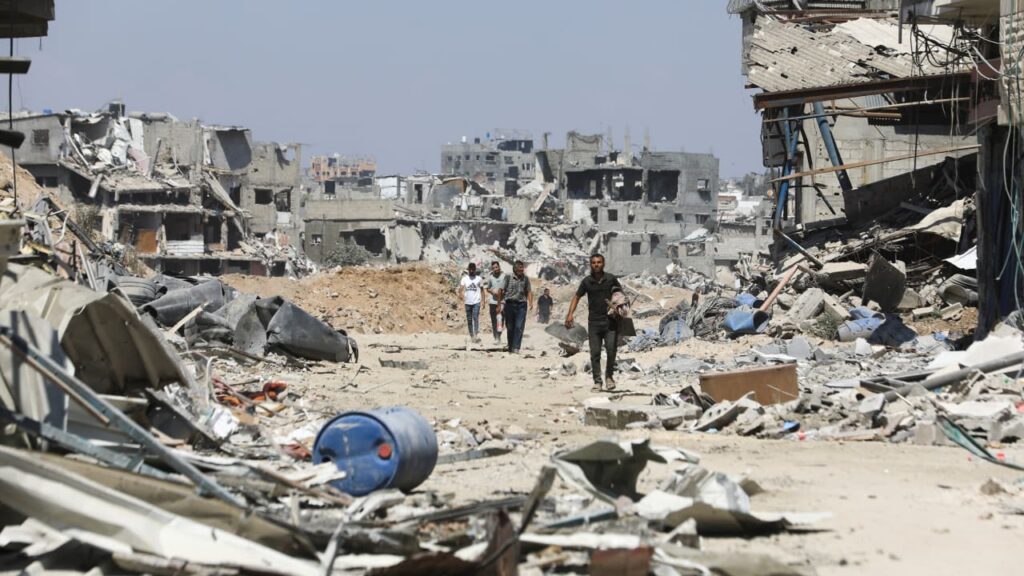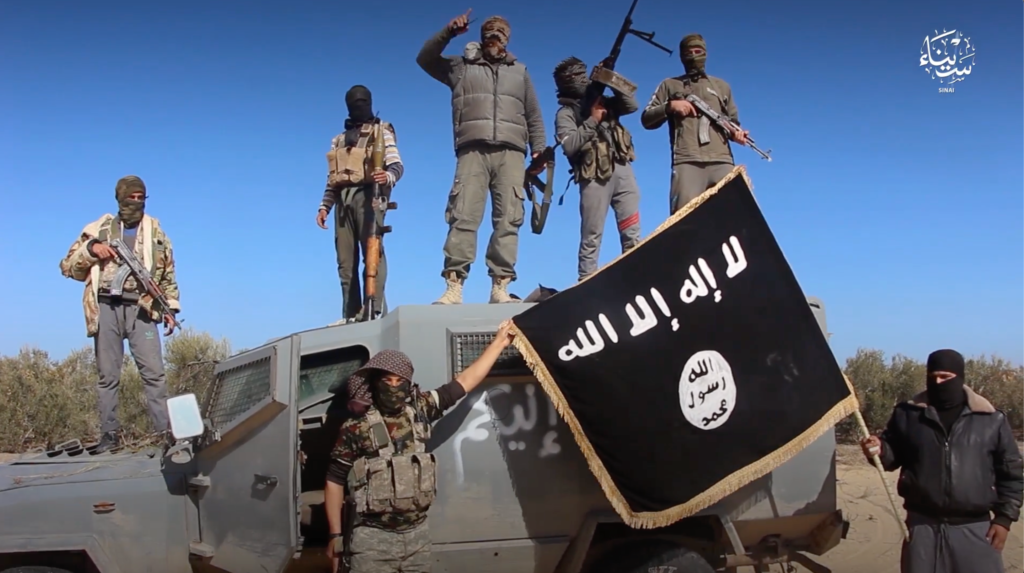Abstract: Iraq’s digital economy is one of its fastest-growing sectors, driven by an expanding youth population, a transition to e-governance services, and the potential for Iraq to become a regional data transit hub. As with militia monetization of Iraq’s oil sector, the telecommunications industry is attracting the attention of U.S.-designated terrorist groups. They have two motives: to generate threat finances and to control and monitor data to strengthen their grip on the population and on Western diplomatic, military, and commercial entities inside Iraq. In the year before Iraq’s November 2025 elections, the outgoing government of Prime Minister Mohammed Shia al-Sudani revealed the extent of militia penetration of the sector by awarding sensitive telecoms contracts to a now-sanctioned militia economic conglomerate, while also offering U.S.-origin equipment to militias and channeling lucrative 5G mobile telephony licenses exclusively to militia businessmen.
